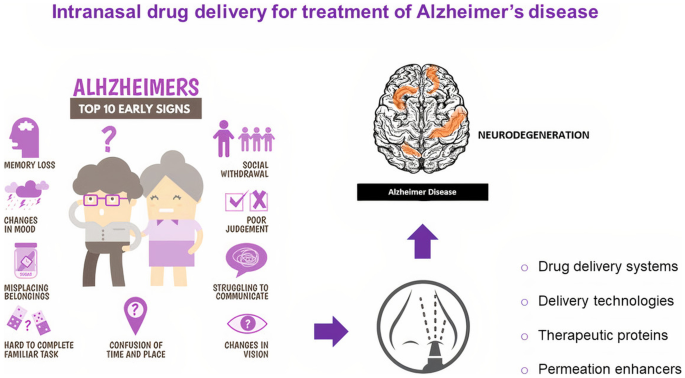Alzheimer’s Disease Medications

Currently, several Alzheimer's Disease medications exist on the market. These drugs are intended to reduce or control symptoms of the disease and provide comfort and independence to patients and their caregivers. Cholinesterase inhibitors, for example, may slow down cognitive decline and manage behavioral problems in people with early or moderate stages of Alzheimer's. Unlike the other medications available, however, these drugs should be used only when they are needed, not if they are not required or preferred.
Cholinesterase inhibitors can help delay the progress of Alzheimer's disease. The most common types of cholinesterase inhibitors include galantamine, exelon, and aricept. While these drugs are often prescribed to treat the behavioral symptoms of Alzheimer's disease, they can also have unwanted side effects, including nausea, vomiting, and belly pain. Some of these medicines may cause nausea, lack of appetite, or diarrhea. While medications for Alzheimer's can help to reduce the physical signs of the disease, they aren't recommended for everyone. Some people can continue daily activities for years with proper planning, and others may need to scale back their activities to accommodate their changing abilities.
Other Alzheimer's drugs are known as cholinesterase inhibitors. Cholinesterase inhibitors, also known as A receptors, may be used to slow the progression of Alzheimer's disease. Razadin, which is sold as a generic drug, is an example of such a drug. It comes in the form of tablets, which act immediately, or capsules, which release the drug slowly over time. In addition, there are liquid and tablet forms of galantamine and exelon.
Several drugs can help patients with early-onset Alzheimer's disease. At site https://truthinhealthcare.org/, cholinesterase inhibitors have been shown to delay disease progression, although they may not have any long-term effect. They can help patients remember recent events, do household chores, and improve their mood. The disadvantages of these drugs include various side effects, including vomiting and diarrhea. They are expensive and require careful monitoring. The risks associated with these medicines are significant.

These medications may help slow the progression of Alzheimer's disease. Aricept, donepezil, and galantamine are approved for mild-to-moderate Alzheimer's disease, and Galantamine is a drug that is approved for moderate-to-severe cases. These medicines may be taken orally or as a pill, depending on the severity of the symptoms. They can also be effective for patients with advanced dementia, but they are expensive and have side effects.
Many of these medications are expensive and can have side effects. Some of them may cause weight loss, stomach pain, or lack of appetite. Several of the medicines for Alzheimer's disease are prescribed to treat the symptoms of the disease. Some of these drugs are effective in delaying the progression of the disease, but they can also cause other side effects. The risk of side effects is high with these medications, and they can increase the risk of falls.
Many of the medications for Alzheimer's Disease are effective at delaying the progression of the disease. However, the effectiveness of these medications depends on the individual. The best ones should improve the patient's quality of life and decrease the risk of developing the disease. Some of the drugs for Alzheimer's disease are not FDA-approved. But they should still be considered. There are many side effects of these medications. Some of them can cause liver damage.
These medications are used for different purposes. For example, they may have anti-anxiety effects and can reduce the symptoms of Alzheimer's disease. There are many types of Alzheimer's disease medications, and they are all designed to address different symptoms of the disease. The first type of medicine, called cholinesterase inhibitors, helps to delay the progression of the disease. The other medications, however, do not reverse the damage.
Some medications for Alzheimer's disease are FDA-approved, while others simply slow the process of the disease. The two types of Alzheimer's drugs are both used to treat symptoms and to slow down the progression of the disease. Taking one of these medications can help the patient remain independent for many years, but the side effects can be serious. This is because the symptoms of the disease may make it hard for the patient to perform normal daily activities.